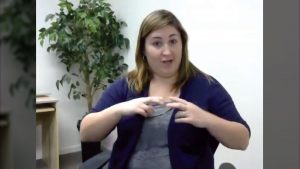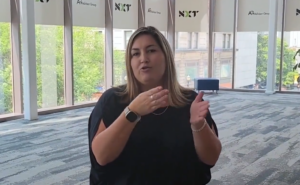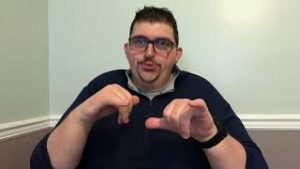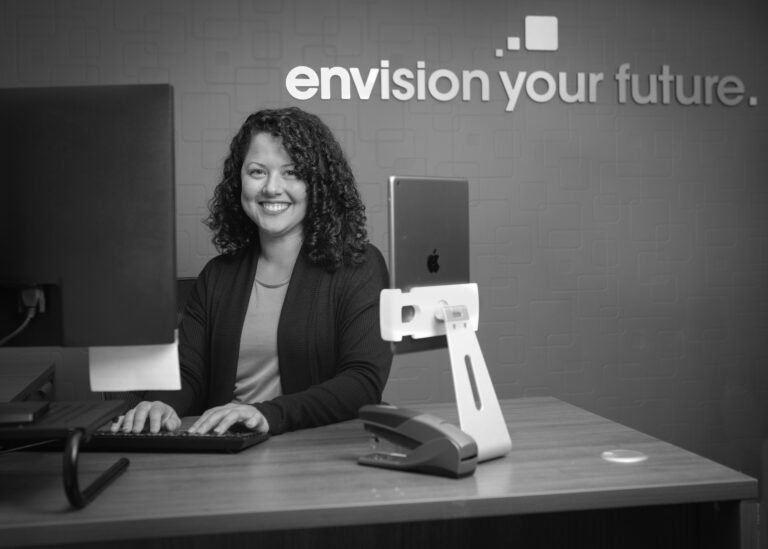With today’s market volatility and the economic slow down everywhere, it always leads to the question, is now a good time to invest? Or is now a good time to stop investing? So I want to address those two good questions.
As we get through, how do we deal with this crisis? We see many restaurants closing or offering only take out; many stores are closed for a while; and we see many different news stories coming. Some positive but many are negative. The news information coming is so vast and coming so quickly, that it can add stress on our thinking and decision making. That can also impact how you think about investing for the future. First it is important to understand why you are invested in the first place. You may be investing to build assets for the longer term, and that is still relevant and still true. For the long term, investing in stocks can still help with that.
This past March, we saw a lot of panic in many different ways. There was a lot of panic selling due to uncertainty and people pulling their money out. Panic is not an effective strategy for making investment decisions. It’s good to take a few minutes to step back and reflect on the reasons for investing, the goals, and the importance of how these things fit within your strategy.
I saw clearly the panic selling that was taking place while the market was going down. The US stock market was down about 33% within a short period of time. Then last week, Tuesday, Wednesday, and Thursday, it went up about 17%. And then I could see the “fear of missing out.” So we had both the panic fear and then the fear of missing out (“FOMO”). It’s important to try and set aside both of those fears and have a good dialogue with your advisor to discuss how to address this going forward.
Think about it. If you are investing for 10 years or 20 years down the road, that is 240 months (for 20 years) or 120 months (for 10 years). So if your goal extends 20 years, you have 240 months. In other words, you have 240 chances to invest. 240 chances to buy shares of strong, high quality companies. You have those opportunities so I would encourage you to think in the longer-term rather than focusing on what is happening right now. This past March, we experienced extremely high volatility. In that case, you have the opportunity to buy at low prices which gives you a higher number of shares with the goal of building assets over time. By the time you have done that over the long term, you can build your sense of financial independence.
For those who are currently investing and have been invested in the stock market, many ask what they should be doing now. Should you pull it all out now and wait and then put it back? First, the idea of trying to pull out of the market and then put back in at the right time is not an easy thing to do because it requires two decisions. First, you can decide to pull out and then wait until things get better. But then you have to make another decision of when to put it back in. People may find it hard to know when to put it back in because of experience or because they are waiting for the economy to improve first. The problem in waiting for the economy to improve first is that it typically comes later. The stock markets typically react to a potential economic recovery BEFORE it actually happens. So you want to stay in the market to capture those opportunities for the good days in the market. By the time the economy has recovered, all of the low prices seen in most stocks are typically gone. Usually, the market has already picked up some by then. It’s usually a good idea to just stay invested.
There can be opportunities to look to see where some asset classes (large company, small company, international, etc) may be out of balance. When prices are low, it may be a good opportunity to move some funds to rebalance the portfolio. Rebalancing is one idea that can be practiced during times of market volatility to take advantage of low prices, consistent with the idea of buying low and selling high.
Another opportunity is when some of your holdings have some losses from the recent volatility. You can sell them and use the proceeds to buy other similar holdings in order to realize the loss. Later when you have capital gains to report on your taxes, the losses can be used to offset the capital gains and reduce your tax liability. So that is another possible strategy to keep in mind.
If you have a 401k and are contributing through payroll deductions biweekly or monthly, it is a great opportunity to buy shares while the prices are declining right now like we’ve experienced in February and March and so far in April. Maybe it will continue to be in April too. Since a 401k is designated for retirement for the long term – over 10, 15, or 20 years. If your paycheck is twice per month, that is 480 401k contributions over 20 years. So you have 480 opportunities to buy shares.
If you have money in cash or bank accounts and you feel you have a short term need for that money such as less than 3-4 years; for example, for the purchase of a home or a car or any other planned expense where you need that money in the very short term, it should not be invested. It would best be left in cash because you would need the money soon. But if you have funds that you don’t need in the short term and are looking to invest for the longer term, such as 10 years or more, you could begin to slowly invest those funds such as on a monthly basis into the stock market.
At Kramer Wealth Managers, we focus on each client’s specific goals, short-term needs and long-term goals. We make recommendations on how to allocate your investment accounts. For example, we could use bonds and/or stocks in various percentages, depending on each person’s goals. We recognize people first; our clients are our family, cherished friends, and community. Our first message is to stay healthy and safe right now. At the same time, we will work with you to develop a plan for the long term. For our clients, we have already set up their plans in the past and many of them are still good but if adjustments need to be made, go ahead and communicate with us and we can work through it together.





